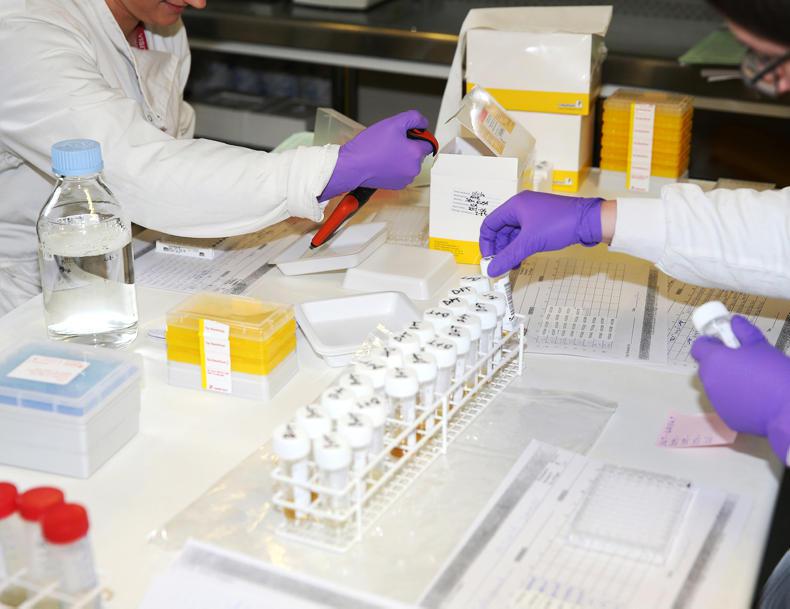THE Irish Horseracing Regulatory Board [IHRB] has ended its 20-year relationship with BHP Laboratories in Limerick.
A disputed positive drugs test is believed to have played a part in the decision but neither the IHRB nor the laboratory would comment on the matter.
It has been known in racing circles for some time that a small but successful trainer was facing losing his licence after a sample taken from one of his horses tested positive for an anabolic steroid at BHP Laboratories in 2016. Shocked at the finding, the trainer exercised his right to have the ‘B’ sample tested at a different laboratory which came back negative and the case was dropped.
The trainer, who has asked not to be identified, is believed to be seeking some compensation for the stress suffered by him, his family and staff. In the meantime, the IHRB has taken steps to move its forensic needs to another laboratory. It has been reported that as much as €500,000 may have been paid to BHP in compensation for loss of business.
A statement issued by the IHRB said: “The parties participated in a successful mediation, the terms of which are confidential. While the parties are no longer working together, the Turf Club thanks BHP for its excellent service over the past 20 years and for its contribution to the integrity of Irish racing. Pending the completion of a procurement process which was launched today, LGC, Fordham have been appointed as the interim service provider. No further comment will be made.”
BHP Laboratories was at the centre of a racing row in 2014 when an independent arbitrator was required to mediate between the Turf Club and Horse Racing Ireland on whether HRI should fund an upgrade in the lab’s equipment.
At that time the Turf Club was pushing for investment to be made following the discovery of evidence that anabolic steroids were on the premises of licensed trainers Pat Hughes and Philip Fenton. Relations between the two organisations were strained at that time over proposed restructuring of Irish racing administration.
Following the arbitrator’s involvement, HRI allocated €7.1 million to the Turf Club for integrity services in 2015 which included the provision of new lab equipment.
BHP’s temporary replacement, the LGC laboratory in Fordham, Cambridge, already works with the British Horseracing Authority. It was one of five analytical laboratories appointed as a ‘reference laboratory’ by the International Federation of Horseracing Authorities last August. The only other European laboratory to be given this status is in France.
Michael Grassick, chief executive of the Irish Racehorse Trainers’ Association, said his members have had concerns about drug tests for some time. “We haven’t been happy for a while. This is the second false positive that we know about – there may have been others as they are not publicised.” He said that the IRTA was also unhappy over aspects of the Champoleon case in which trainer Noel Meade lost a winner who tested positive for caffeine in 2015.
